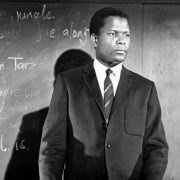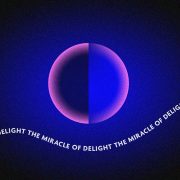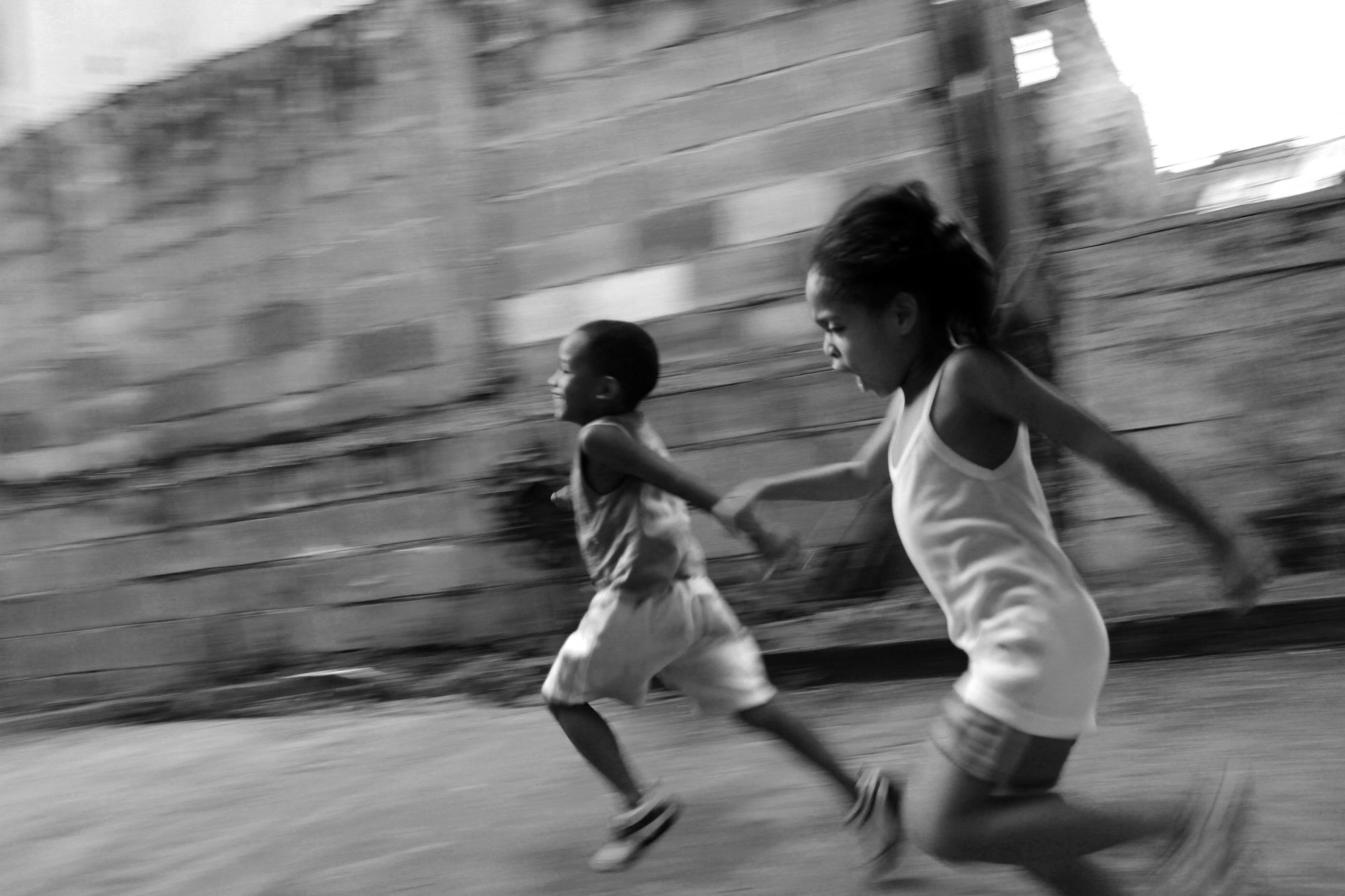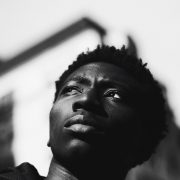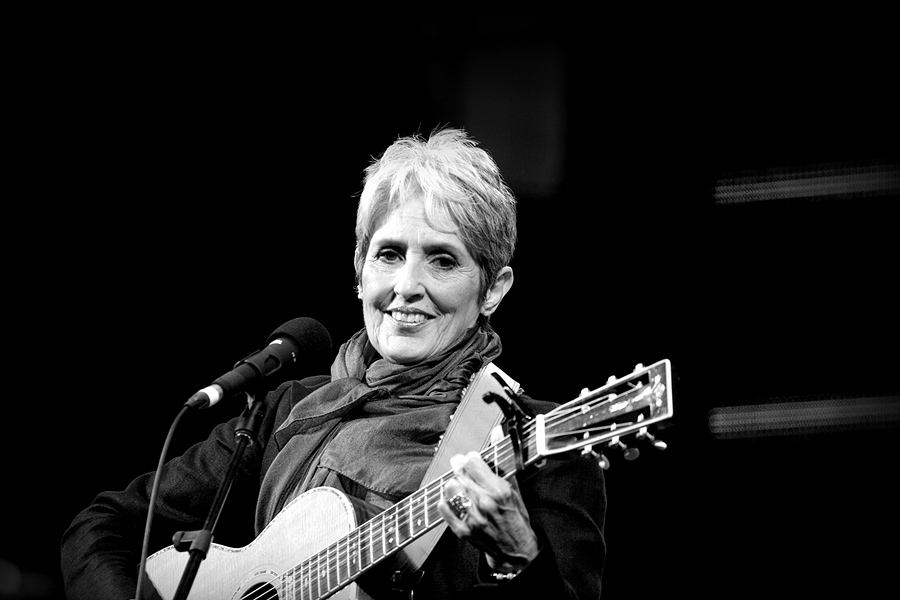
I obsess far more than most people over the literal meaning of social interactions, gestures, and even literary techniques. Among other times, this happens when I’m memorizing long monologues from films or when I find myself listening to certain songs on repeat. During the pandemic, I’ve been consuming a lot of music about breakups, loss, nostalgia, even gratitude. And for all the popularity of memes like “Music is what feelings sound like,” I tend to take that statement more literally than most.
I easily get confused by things that do not make sense that, in theory, should. That tendency is often reflected in my music habits, including bewilderment about bitter lyrics delivered sweetly. I am autistic — an unsung blessing in a world populated by neurotypical hubris.
In 2020 I had at least two friends die: one had cancer; the other died by suicide the day before my birthday. Although I continue to have trouble with the non-literal in the form of metaphors and similes, the pain of grief from a virus that took over a million lives in America — plus those who died of the disease of despair in the midst of the pandemic — was like a bomb. The suicide of someone who was the mascot of our small community was a bomb that went off in singular fashion. More than half of my top 100 most streamed songs of 2020 were about loss.
Loss was inescapable. Although that loss was sometimes celebrated as in Lizzo’s remix of “Good as Hell” with Ariana Grande, Alison Krauss’s upbeat bluegrass song “Steel Rails,” or Angie Stone’s neo-soul ballad “No More Rain (In This Cloud),” most of the songs on my 2020 playlist of most streamed songs reflected anxiety, grief, and sadness.
The song “Unwell” by the maligned ’90s alternative pop-rock band Matchbox Twenty — a song that means a lot to me — landed on my top 100 most streamed songs again in 2021. Along with the nearly 50 million Americans who suffered from mental illness during the pandemic, according to key findings by Mental Health America (MHA), the nation’s leading community-based nonprofit, I found myself struggling with psychological pain. As it turns out, many of us — those who live with autism, as well as those who do not — are more than just a little “unwell.”
But the song I found myself returning to repeatedly during the pandemic was a remake of Bob Dylan’s 1963 breakup song, “Don’t Think Twice, It’s Alright” from the album The Freewheelin’ Bob Dylan, re-recorded by Joan Baez in 1995 — and featuring the Indigo Girls on the album Ring Them Bells. A breakup song about the metaphorically closing doors on a relationship, this version has probably moved me more than any other recording I’ve listened to during the pandemic.
On this version, Baez’s voice has significantly aged. She first recorded a rendition for 1963’s In Concert Part 2, but here the three voices and acoustic guitars stun, loosely fitting together, glowing with both shimmering beauty and a different kind of bitterness than in Dylan’s original. To some, it’s more precious, as if the irony is missing in a campfire sing-along. But in the choruses, Baez, Amy Ray, and Emily Saliers modify Dylan’s original in both the lyrics (“and” instead of “but don’t think twice, it’s alright”) and the measured phrasing of the trio.

“The duality present in Baez’s version is replicated on a global scale with the tragedy of millions of dead from a virus that never discriminated in the first place. The prettiness and ugliness of this performance seem consequently fated, even necessary.”

Otherwise stuck in sixties nostalgia, linked to Dylan, the Greenwich Village and Newport Folk Festival scenes, in this later recording of “Don’t Think Twice,” Baez, one of Dylan’s many muses, reinvigorates a mostly-moribund career with her epic rendition. As with younger artists like the Indigo Girls and Dar Williams — both of whom would collaborate with Baez on Ring Them Bells — Baez’s “Don’t Think Twice” was a mystery up until my freshman year of college in the mid-aughts.
Although I grew up with records of folk revival artists like Pete Seeger, Woody Guthrie, Judy Collins, Tom Paxton, and Peter, Paul and Mary, I had never come across such a gem as this performance. While her legendary pristine soprano was no longer present in 1995, her interpretive skills had sharpened since her commercial peak decades earlier. To my ears, her 2005 live album, Bowery Songs, was stronger than her lauded ’60s live albums, especially versions of sometimes darker material like “Seven Curses.”
A decade before the pandemic I associated this song with leaving my hometown just outside Chicago — Wilmette, Illinois — where I was bullied incessantly. Thinking of how I never socialized with people living there, and all the pain that my family and I endured, embracing the anger and the pretty elements of this performance simultaneously has been quite the experience. By neurotypical standards, I tend to overthink everything. So with Baez’s strikingly melodious cover of Dylan’s sardonic classic, ending with the lines, “You just kinda wasted my precious time / And don’t think twice, it’s all right,” I’ve begun to grasp the duality of the sweet and the bitter in a way that was not always so easy to comprehend.
I don’t know if that awareness occurred because of the pandemic, but the resigned sarcasm found in the original had been transformed into the melodic resilience of Baez and the Indigo Girls’ harmonies. The duality present in Baez’s version is replicated on a global scale with the tragedy of millions of dead from a virus that never discriminated in the first place. The prettiness and ugliness of this performance seem consequently fated, even necessary. How can something so bitterly ironic sound so gorgeous and warm?
At the end of the recording, the live crowd erupts more intensely than they do on any other song on the album. When I first heard this version in my college dorm room around 2007, I wanted to stand up, to retroactively cheer with that 1995 fan base. The feeling I get now, though, has multiplied. After hundreds of listenings, the honeyed irony, while still a shock to my system, is tempered by something else–something rooted in fated ambiguity.
As an autistic person, the Baez version chills me with a sense of bitterness in perfect harmony with its velvety warmth. Maybe I’m more comfortable with the discomfort I used to feel. But years of listening to this recording means that dualism — the ambiguity of art at its most admirable pitch — no longer feels confusing. I often like musical narratives that resolve easily, but life, of course, is far more complicated. I appreciate and even enjoy the sweetened embitteredness in this performance now in a way that my neurodevelopmentally rigid nature has not always so charitably permitted.
In the middle of the pandemic, this song especially helped me become more comfortable with absence. In addition to friends who passed early in the pandemic, my sense of loss was compounded by other deaths lingering from previous years: those of my beloved grandmother, of an exceptionally dedicated teacher, and of a brilliant jackass whose death by overdose made me question how I treat others. In addition, at different points, several friends decided to part ways, suddenly and without explanation withdrawing from all communication. All that weighed heavily as Joan Baez sang her masterful ode to enlightened breakups.
Growing up in a suburban town where bullying seemed like just another sanctioned sport, I turned invariably to music to get me through the rough patches. There’s no reason, then, that music couldn’t still be my elixir. Especially in a pandemic, Baez and the Indigo Girls’ arresting performance mattered. It provided comfort for breakups, deaths, and other forms of loss — and gratitude, too.
Some people who have left me — the ghosters, for instance — probably didn’t have my best interests in mind, anyway. Like Baez and the Indigo Girls sing: “We never did too much talkin’ anyway” — or much genuine communication.
I’ll be just fine without them, but I wouldn’t be fine without music, ambiguous in its meanings (or otherwise). I can look back at the last two years, hard as they were, and say, with an optimism that’s bittersweet in melody — “Don’t think twice, it’s alright.”
Josh Friedberg is an author, music historian, and TEDx speaker whose writing has appeared at PopMatters, Good Men Project, and Country Queer, as well as in two books: Chicken Soup for the Teenage Soul, 25th Anniversary Edition, and The Decision to Heal: Pathways from Suffering to Love. You can subscribe to his blog at joshfrmusic.substack.com and reach him by email at joshfrmusic@gmail.com.





